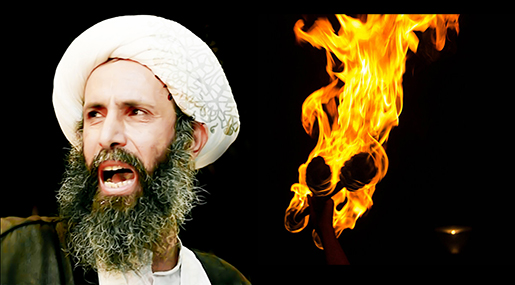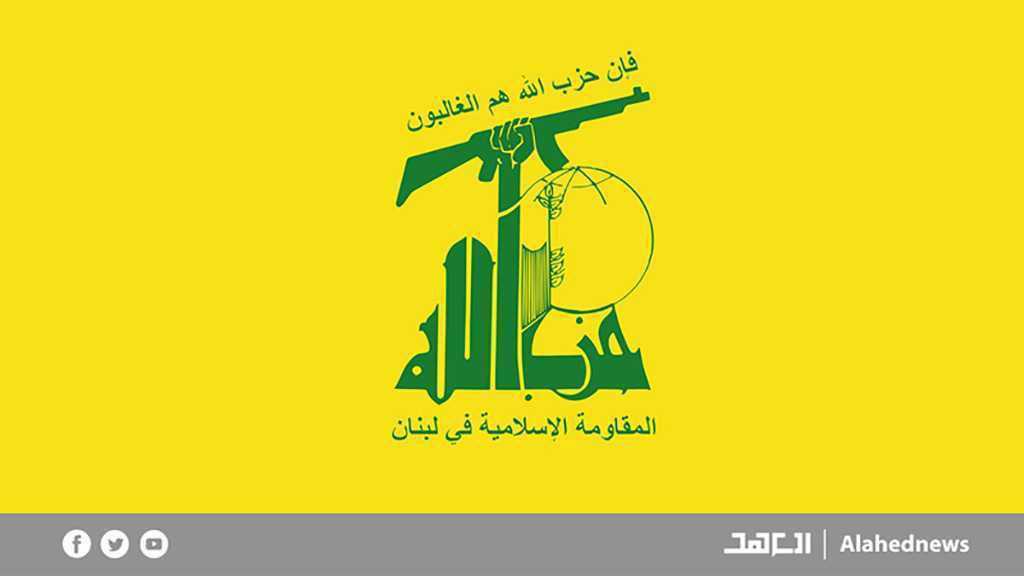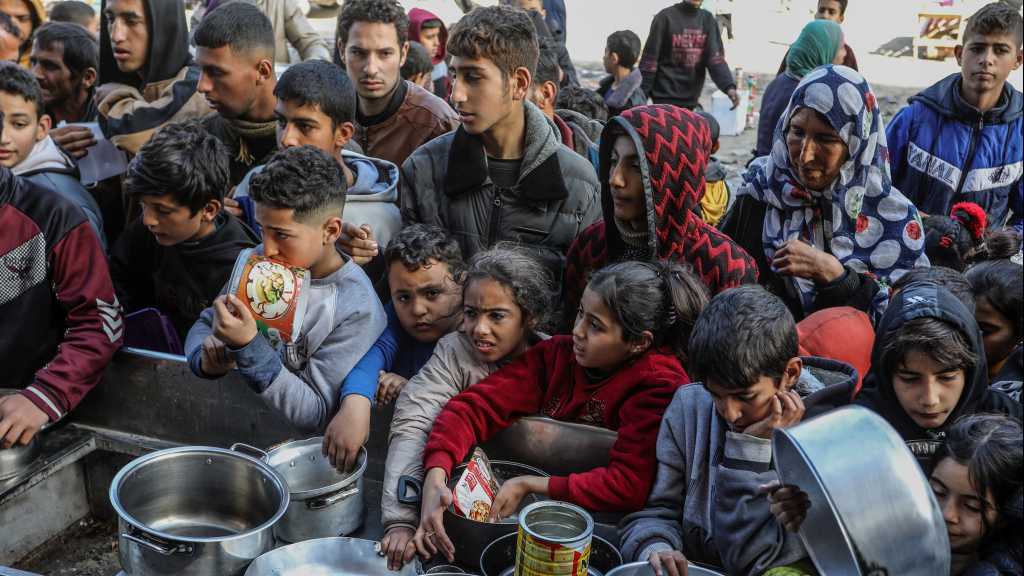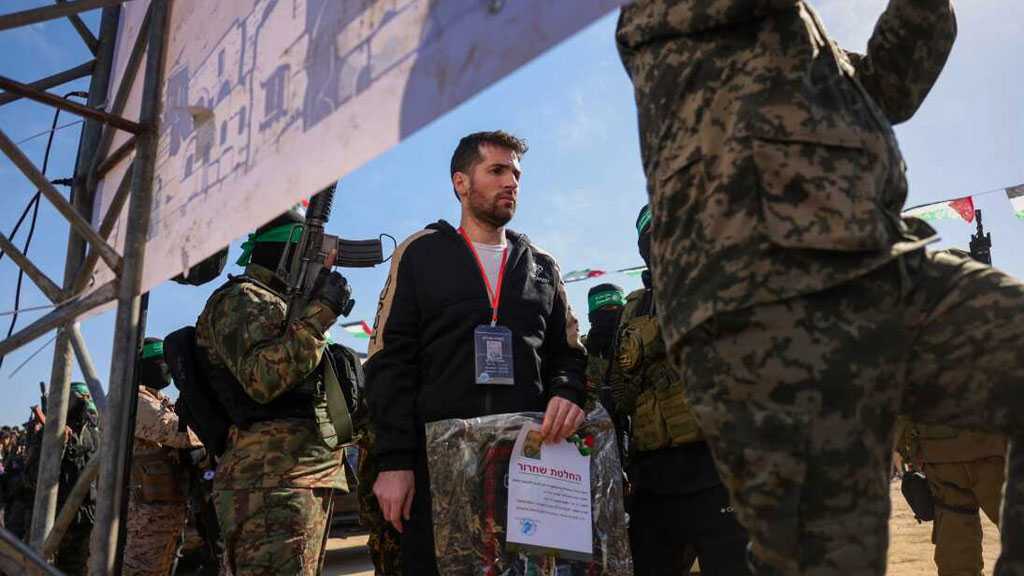With Execution, Saudis Ignite Regional Tensions

Local Editor
By executing a senior Shiite cleric, Saudi Arabia effectively lit a match to set off regional sectarian tensions and its rivalry with Iran, threatening to derail already-shaky peace efforts over the wars in Syria and Yemen.

It also is part of a more aggressive stance by the kingdom in the past year, which included launching an air campaign against Yemen and increased aid to militants in Syria.
The policy in part reflects a greater willingness for risk-taking to counter Iranian influence in the Arab world, especially with Riyadh worried about a potential easing of relations between Tehran and Washington in the wake of last year's nuclear deal.
But it also has a powerful domestic factor: a show of toughness by King Salman and his son, Deputy Crown Prince Mohammed bin Salman, aiming to bolster their rule at a time when Saudi Arabia is facing an economic crisis brought on by low oil prices.
To the greater world, however, the execution of Sheikh Nimr al-Nimr took on a different appearance.
"It looks like an extremely irrational and ill-considered decision to do this," said Christopher Davidson, a professor of Middle East politics at Durham University in Britain. "In my view, it speaks more about the local dynamics in Saudi Arabia itself that are shifting steadily away from the ruling family's control."
The execution sparked outrage among Shiites around the world, with protests in Iraq, Bahrain and Pakistan, and even in Saudi Arabia's eastern province. Iran's government loudly condemned the killing. Protestors stormed, ransacked and burned the Saudi Embassy in Tehran, allegedly prompting Riyadh to cut off ties in response.
Al-Nimr's death was a dramatic step; Shiites had warned against his execution ever since a Saudi court allegedly convicted him of sedition and other charges and sentenced him to death in 2014. He was executed among a group of 47 people convicted on terrorism charges - almost all connected to Sunni radicals and al-Qaida - painting him with the same brush as a threat to security.
For the royal family, the execution signals a tough hand against any trouble from Saudi Arabia's Shiites and bolsters the kingdom's posturing as the champion for Sunni Muslims in the region against Iranian influence.
Saudi Arabia's allies rallied it to its side Monday, with a number of nations following its lead in either cutting or reducing diplomatic ties with Iran. The Arab League called an emergency meeting of foreign ministers for Jan. 10 to discuss the attack on the Saudi Embassy and other Iranian "interference in Arab affairs."
The execution also placates the kingdom's Sunni ultraconservatives, a key source of support for the ruling family. Shiites remain a favorite target of slurs by Saudi clerics, who follow the ultraconservative Sunni doctrine known as Wahhabism. While the kingdom's Shiite community - an estimated 10-15 percent of the population of nearly 29 million- has seen only relatively low-level restiveness over the years, clerics often depict Shiites as a threat, a potential lever for Iranian influence.
Ultraconservative support is particularly important at a time when Saudi Arabia is facing the rise of an insurgency by Sunni extremists linked to the "ISIS" group. Young Saudi Sunnis have been involved in a string of suicide bombings in the kingdom. Since the war in Syria escalated in the past four years, Saudi clerics urged young men to fight alongside militants there against the Syrian government.
Analysts believe Deputy Crown Prince Mohammed, the king's 30-year-old son, has been the driving force behind the kingdom's more assertive stance and its willingness to take extreme political risks in the region, particularly the push into the war in Yemen.
Tellingly, it was Prince Mohammed, the Saudi defense minister, whom US Secretary of State John Kerry, the German defense minister and a Sudanese official contacted for consultations Monday as the crisis spread.
"What we have is a Saudi Arabia that's increasingly unhinged, that is run by a young man seeking to prove his bona fides, willing to take a lot of risks and of questionable judgment," said Cliff Kupchan, the chairman of the Eurasia Group. "I think that any independent analyst would have to come to the conclusion that the trajectory of the Saudi regime is one of the biggest political risks hanging over the Middle East at this point."
The intensified Saudi-Iranian tensions could doom the multilateral talks launched by the US and Russia in Vienna last month aimed at pushing a plan to end the war in Syria. Riyadh and Tehran were both participating in those talks, and it was already going to be extremely difficult to get them both fully behind a peace plan.
"One has to especially worry about the future of the Vienna talks, given this incendiary episode," Kupchan said.
Efforts for peace in Yemen already appeared to be crumbling. A truce there - largely ignored by combatants - ended this weekend. That war has killed more than 5,880 people since March and keeps Saudi Arabia and its allies mired in a conflict that has no clear sign of ending soon.
All the while, Saudi Arabia faces budgetary pressure as global oil prices have sunk under $40 a barrel and likely will remain low well into this year. The kingdom already has made some cuts, but more could be around the corner, forcing it to make unpopular decisions for a society used to government subsidies.
But there's one place it's not cutting back: It allocated $57 billion in defense spending for 2016.
Those domestic worries are part of the reason for the show of toughness abroad.
Saudi rulers "can't be seen as backing down, and that's not because it's necessarily giving the region away to Iran," Davidson said. "It is also because they know their own population will drift away from them and it will be interpreted as a great sign of weakness."
Source: AP, Edited by website team




